Welcome To Your Pad In The City
Get ready to be blown away. Standing tall among the Art Deco masterpieces and modern skyscrapers that make up Chicago’s famed skyline, our signature chambers, fabulous suites and indulgent bars and restaurants are the perfect blueprint for an unforgettable stay in the Windy City.
Sleep
Your Dream World
Chicago may affectionately be known as the ‘second city’ but our luxury hotel offers everything about your stay will be first-class. Enjoy curated snacks from the SMEG fridge, stretch out in your walk-in shower or daydream from the best bed ever in our signature chambers and hotel suites.
Eat &
Drink
A Taste Of The City
From rooftop revelry and scratch-made Italian indulgences to pastries on the patio and dinner in bed, we’ve got every craving and hankering covered. Discover our fabulous range of in-house restaurants and bars to enjoy during your stay in Chicago.
Live Life
Let Loose
Take your pick from our rotating line-up of live events and get ready to bring the house down in the city that invented house music.
Live Events
-
Spritz & Slice Happy Hour
Miss Ricky's | Every Day -
Mrs. Monday with DJ Such N Such
Cerise | Every Monday -
Girltalk: Ladies Night
Cerise | Every Tuesday -
Groove Theory with DJ Kosmo
Cerise | Every Wednesday -
Agency Afterhours
Cerise | Every Thursday -
Night Shift with DJ L3xx
Cerise | Every Thursday -
Sky FM with White Owl
Cerise | Every Friday -
Be Kind Rewind with Billa
Cerise | Every Friday -
This Is The Place with Will Galvan
Cerise | Every Saturday -
Express Lunch
Miss Ricky's | Every Weekday
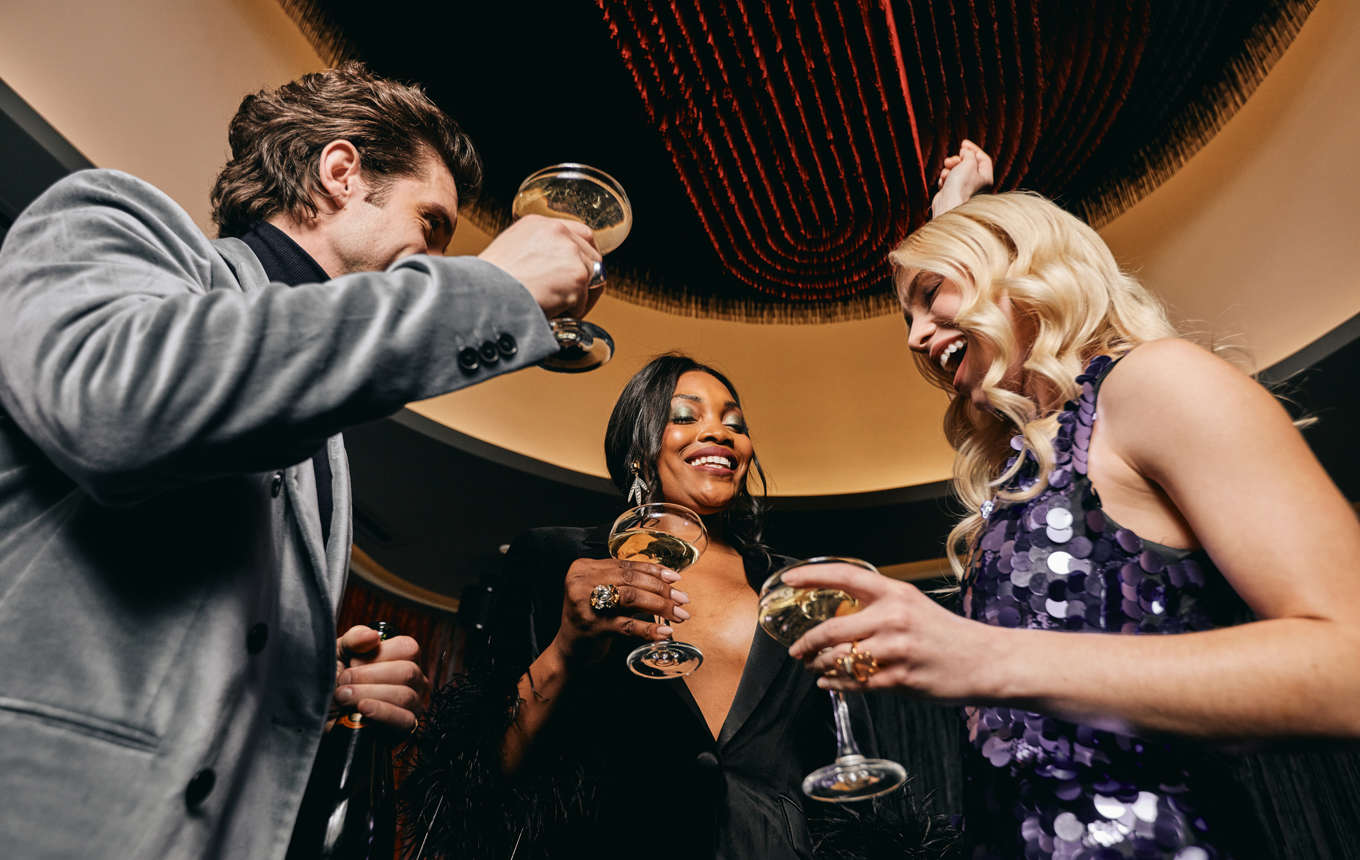
Fabulous Location
Located in the famous Chicago Loop, at Virgin Hotels Chicago you’ll never be far from the action. Enjoy the eclectic eateries, shops and theatres on your doorstep. Stroll down to Millennium Park or Art Institute of Chicago, where you can take a selfie with the iconic ‘The Bean’, jam to live music, or be inspired by the largest collection of Impressionist and Post-impressionist art outside the Louvre. Don’t forget to look up every now and then to admire the over 100 skyscrapers that punctuate Chicago’s famed skyline.

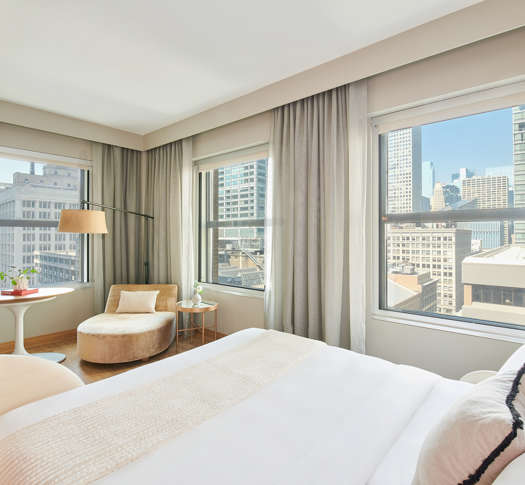
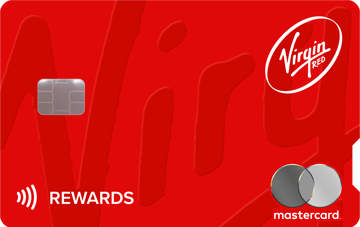


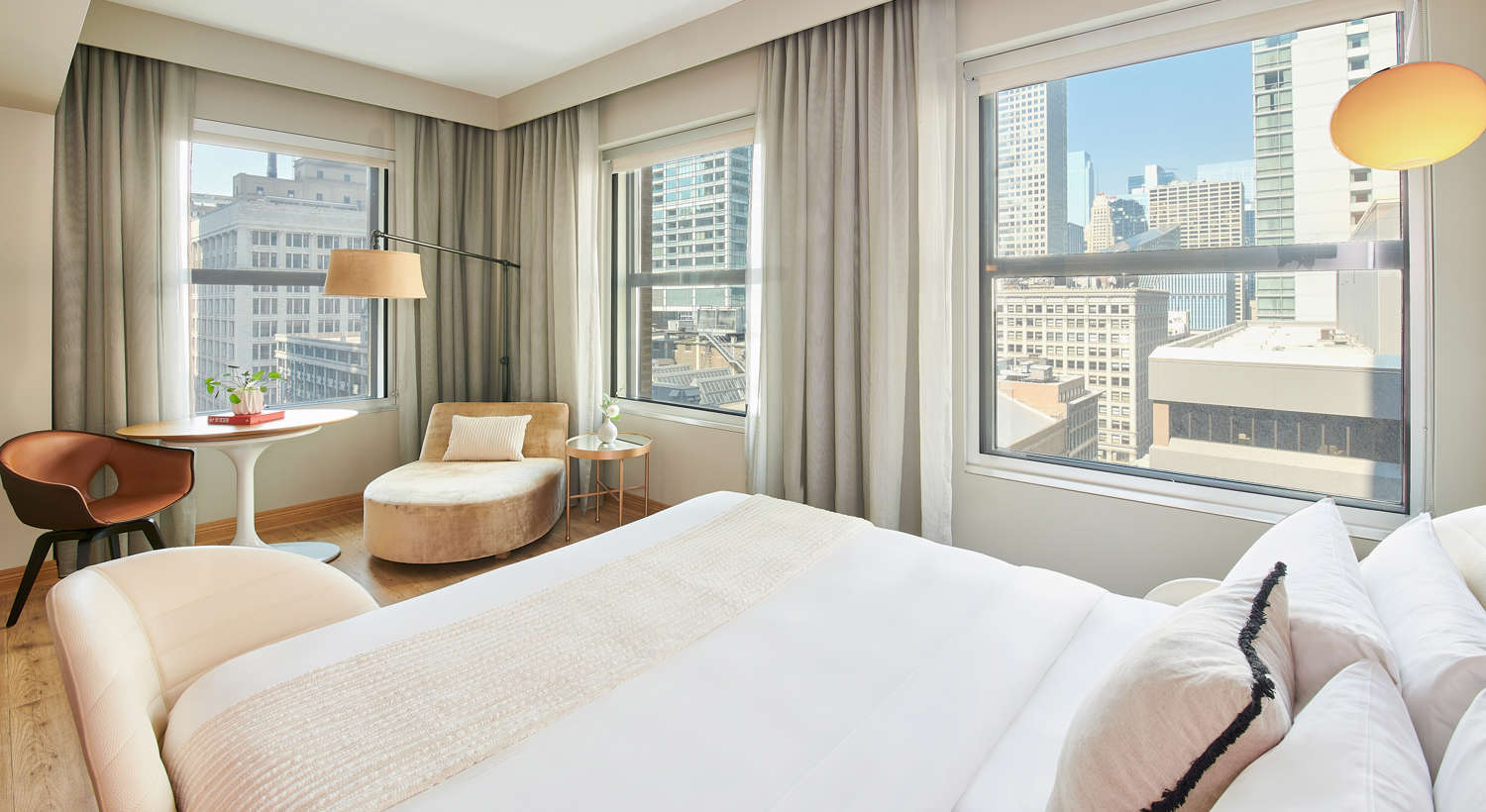
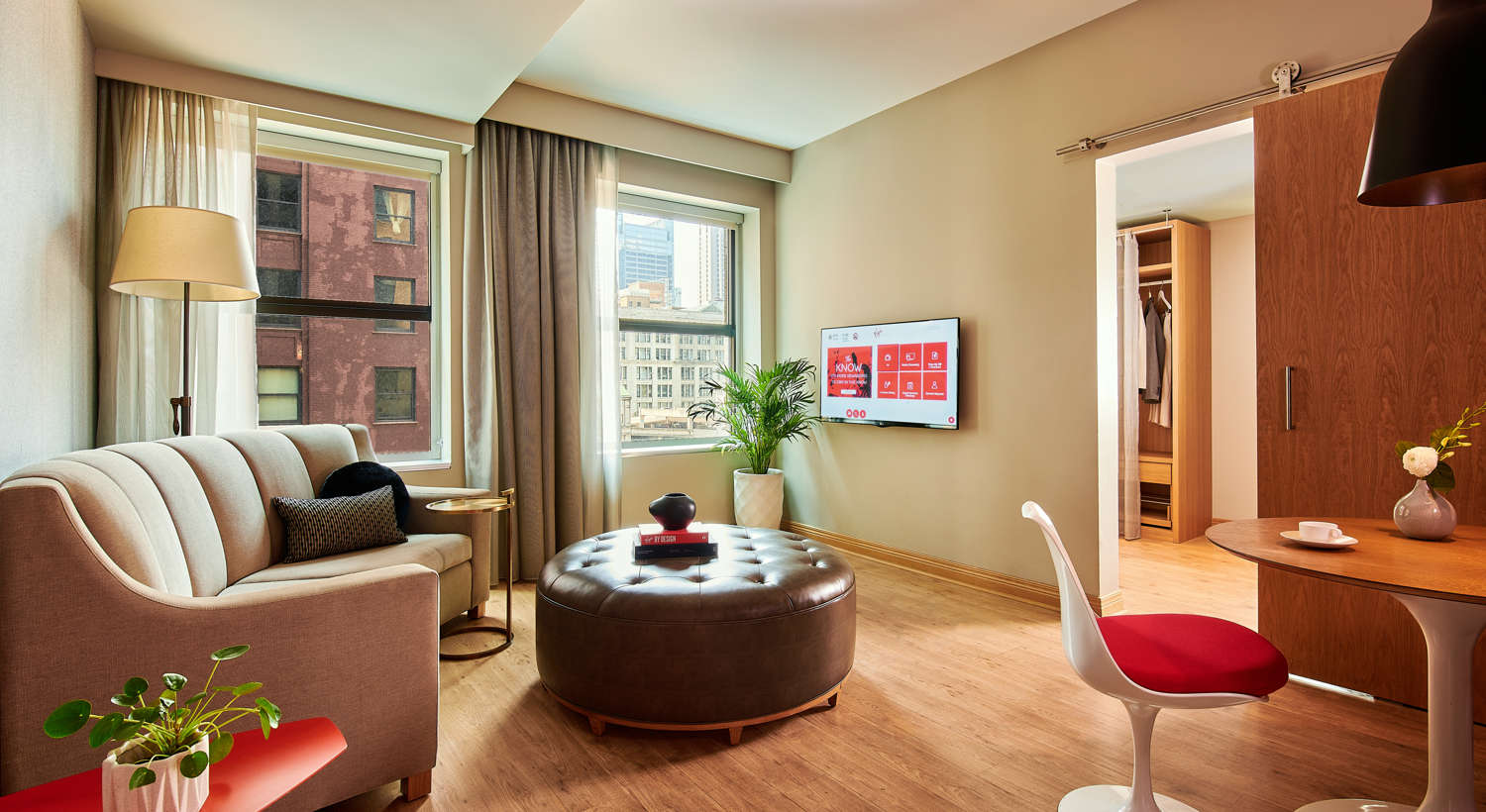
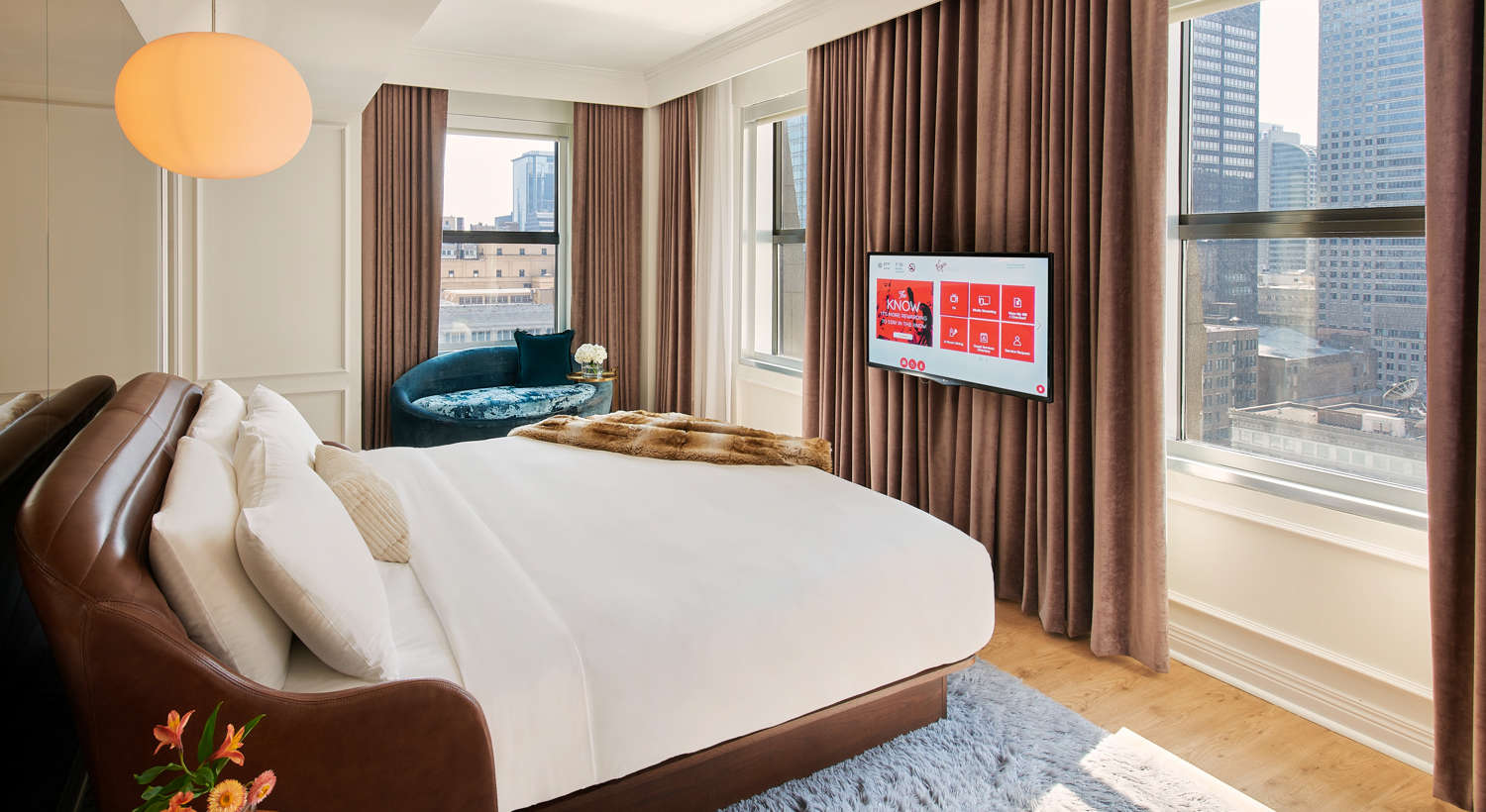
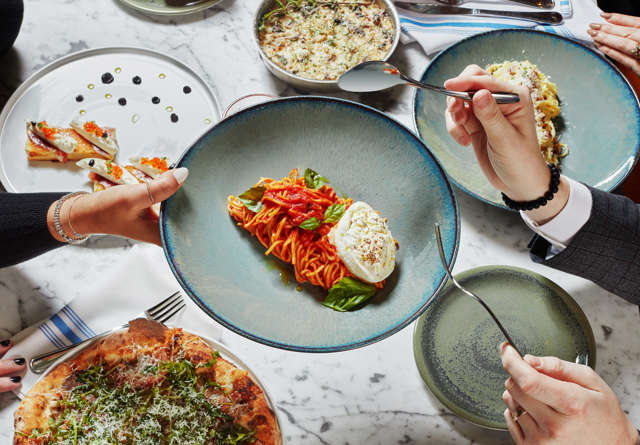
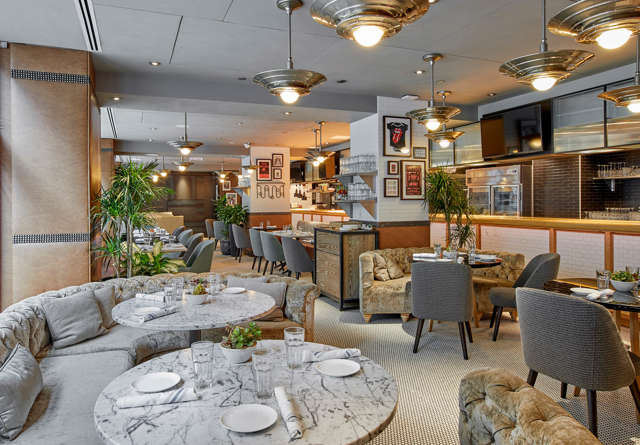
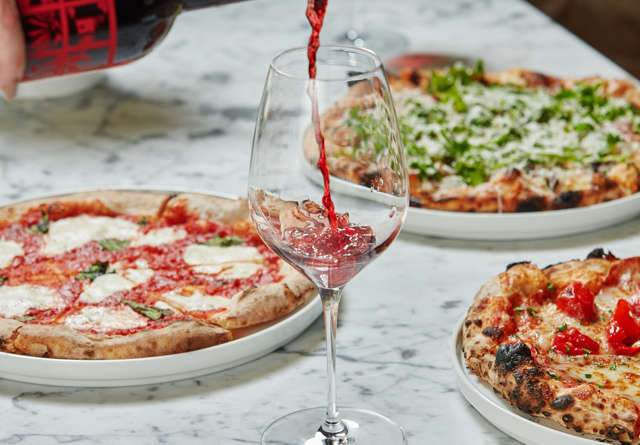

![NEW! VIRGIN RED REWARDS [br] CREDIT CARD](/media/rwbjgp3r/virgin-red-rewards-credit-card_card-art-2504.png?quality=60)
